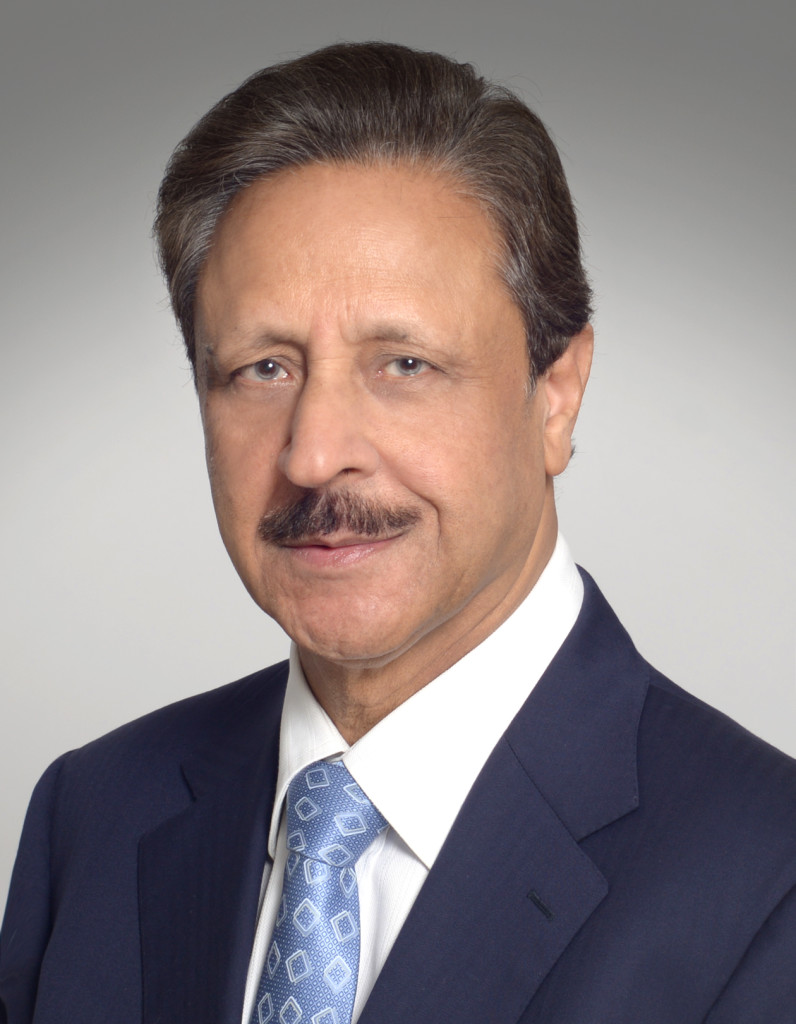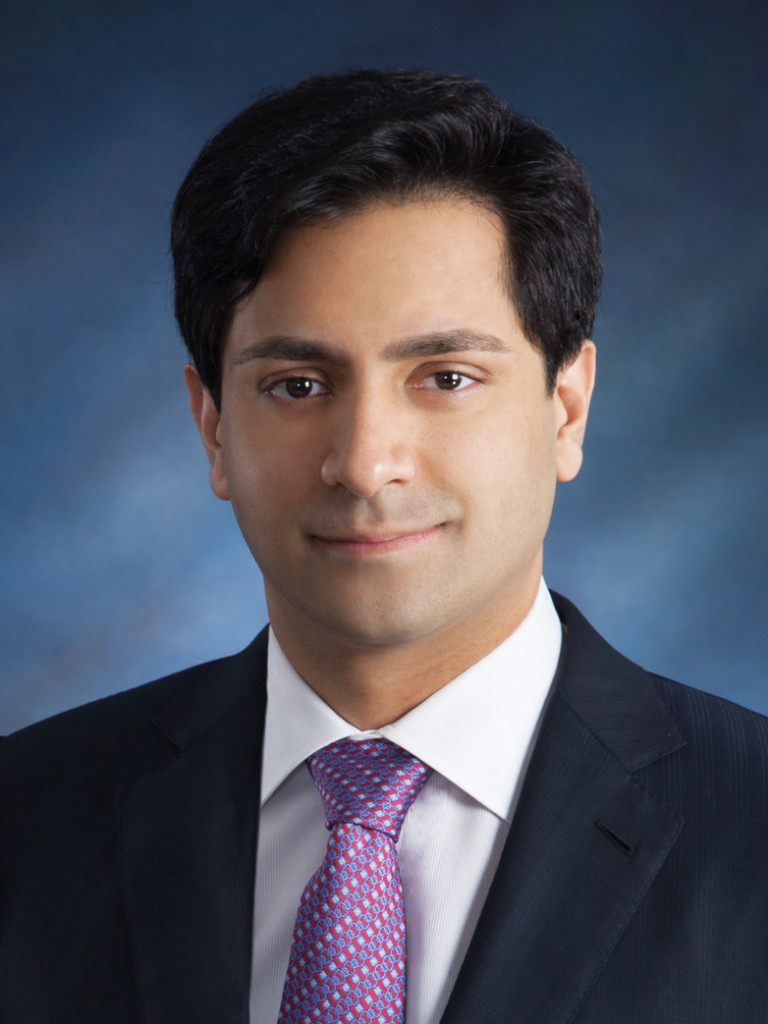President of Kazakhstan Nursultan Nazarbayev in his address to the nation on Jan. 10, put forward an inspiring vision for the next phase of the country’s economic development and modernisation.
There is no doubt that today’s digital technologies can be deployed to improve processes and productivity in all fields, including mining, industrialisation, construction of smart buildings and infrastructure, logistics facilities, smart cities, education/training and financial/government services.
Deployment of new technologies will inherently raise productivity, improve the economy, enhance the quality of public services and ultimately improve the lives of citizens.
As an engineering firm, we at Meinhardt are confident in Kazakhstan’s potential to translate its natural resources into smart resources for itself and the world. We consider future-proof urban planning and infrastructure development as key to enabling Kazakhstan to grow its economy and develop in a sustainable manner. The country’s strong emphasis on Smart City solutions and digital technology will enable it to leapfrog its industrial, logistics and transportation system development.
Kazakhstan has witnessed stable growth in foreign direct investment (FDI), which has made it an attractive investment destination for global companies. FDI in Kazakhstan averaged $4.2 billion from 2001 to 2017, reaching a new peak of $5.16 billion in the third quarter of 2017. There is a significant amount of earnings reinvested by non-residents which will fuel infrastructure development. FDI flows to the manufacturing sector are steadily increasing whilst FDI flows into the oil industry, its mainstay, has been declining in tandem with falling oil prices.
The imperative to balance industrial growth with agriculture is laudable given that Kazakhstan has the potential to become the food provider for Europe, Russia, Central Asia and China. The adjacent economies are fast growing and require a stable supply of agricultural and livestock produce. This can only come about with a production and supply-chain network in the region which Meinhardt’s group of companies would be happy to help plan and implement.
The President’s plan to expand the financial services sector and improve the human capital of Kazakhstan would underpin the success of Modernisation 3.0. Meinhardt believes that Kazakhstan’s existing and new partnerships with world-class engineering and technology firms, multilateral aid agencies, educational and global financial centres would accelerate this effort.
The recent visit to Singapore in February this year by Dr. Dariga Nazarbayeva, chairperson of the Kazakh Senate Committee for International Relations Defence and Security as the 63rd Lee Kuan Yew Exchange Fellow further reinforced rapidly growing relations with Singapore. She was the first Lee Kuan Yew Exchange Fellow from Kazakhstan.
During the meeting in the Meinhardt Group, she was briefed on our plans to open an office in Astana within the coming months to assist the country in the next phase of its development and help implement major infrastructure and urban solutions projects – within the framework of the top 10 priority areas identified by the President. Meinhardt is committed to bringing its global experience and expertise to projects in Kazakhstan and, more importantly, to train the local engineers and build local capabilities.
Taking into account the need for comprehensive multi-modal transportation and logistics systems to support the Modernisation 3.0 Plan, as well as the successful implementation of such key infrastructure projects is contingent on the availability of highly skilled technical and project management expertise, backed-up by bankable techno-commercial feasibility studies, to attract investors and multilateral funding agencies, Meinhardt can do the ground work to help accelerate the process.
Moreover, Meinhardt Group together with MGI-Capital – a sister company that was set up to undertake techno-commercial feasibility studies, – “take out the risk for investors and the implementation risk for the project, as they are able to support the entire project delivery cycle from inception to completion, including connecting the projects with capital.”
Also, Meinhardt is one of the founding members of KAPTIC (Kazakhstan Asia Pacific Trade and Investment Chamber), proposes to expand its format to an interregional level and rename it into EURAPTIC (Euro – Asia-Pacific, Trade and Investment Chamber) to capitalise on trans-continental growth opportunities created by the Belt and Road Initiative in which Kazakhstan is a key player as nodal point.
Dr. Nasim Shakhzad and Omar Shakhzad are Group Executive Chairman and Chief Executive Officer of Meinhardt Group International, Singapore, respectively.


